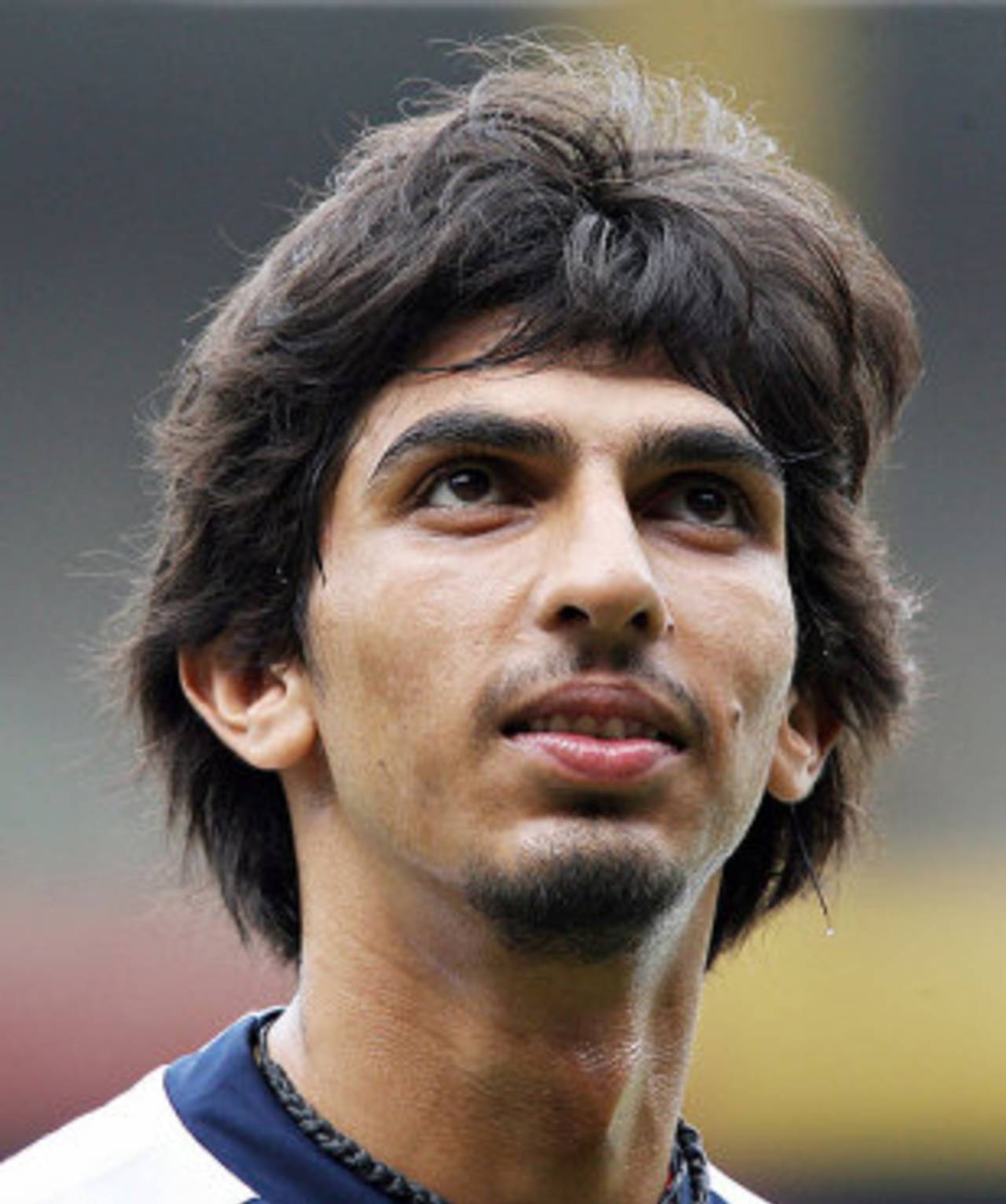Go figure it out yourself
By mollycoddling their charges and telling them how to fix each problem, coaches end up creating players who can't think or act for themselves. Is that what has happened to RP Singh and Ishant Sharma?
Harsha Bhogle
07-May-2010

Is Ishant Sharma's slump a consequence of over-dependence on the advice of coaches? • AFP
Watching young international players surrounded by an army of coaches, I have often wondered about the resemblance to a child surrounded by many nannies eager to fulfill his every need. The child grows up healthy and protected but ignorant of the ways of the world. Every time a new situation presents itself, he searches for the latest nanny equivalent. Meanwhile the kid who learned to climb a tree to pluck fruit for himself moves ahead.
In a wonderful, and brief, interview on Cricinfo, Rodney Marsh, who was a tough player and tough coach, says, "The best coaches are the ones who can communicate with a player about what the fault is in their game and get the player to fix the problem. You never forget things if you can work them out for yourself." And by inference, if you keep telling the player what to do to fix his problem, he will never learn to work it out for himself.
In India, and I suspect around the world, we are seeing the mushrooming of the academy, the game's greatest enemy. Ten-year-old kids are going to academies of various hues, largely dubious, to learn the forward-defensive stroke and the cover drive. They must learn almost by rote, and therefore not too differently from the way they study history; they are taught about where the front foot should be, about how bat and pad must go together, where the elbow should be, where the toe should point, about how the follow-through must end with the bat over the left shoulder. All perfectly correct, except that they don't learn to hit a ball; instead, they become obedient pupils. It is similar to what happens in school but with one difference. In history you memorise and transfer on to paper to earn a grade. You cannot do that in cricket because a real ball comes at you and you must negotiate it.
And so we end up producing highly skilled players who don't learn to question, who depend on a coach to tell them what to do. I wonder sometimes if that is what befalls fine talents like Ishant Sharma and RP Singh and many like them. Do they learn, as Marsh says, to fix their own problems? Do they rediscover the freedom, and therefore the joy, of trying out different things and seeing what works and what doesn't? Wasim Akram once told me, during a long drive, how he and Waqar Younis would pick cricket balls with different levels of wear and tear and bowl with them in the nets to see what they could achieve. There was no one telling them to do it, they figured it out themselves. So maybe, as Marsh says, the coach communicates the fault and lets the player figure out the solution through practice.
Ten-year-old kids are going to academies of various hues, largely dubious, to learn the forward-defensive stroke and the cover drive. They must learn almost by rote, and therefore not too differently from the way they study history
John Buchanan advocated something similar. Marsh and Buchanan come from completely different schools of cricket but seem to converge on this point. Buchanan encouraged players to go to coaches with their solution to the problem, not with the problem itself. It is a powerful thought and not one to be disregarded. The easiest thing to do with a problem is to go to someone and ask for the solution. It is also, as I have discovered with computers, the surest way to ignorance. As Marsh says, "If you don't talk about the game, you've got no hope of getting better."
The process of working it out will lead to mistakes, but far too often in India we don't recognise mistakes as essential stops on the way to learning. A nanny doesn't allow a child to make a mistake, a coach doesn't allow a young cricketer to go wrong in quest of being right. And by making the learning of cricket similar to the learning of history (which, in the right hands, can be really exciting as well), coaches convert a simple game into a difficult, complicated one. It makes sense, though, for if the coach were to present the game as being very simple, he couldn't justify making a living out of teaching it, could he?
I sometimes wonder how many young players we lose by not allowing them to work out their own solutions. And I wonder if we realise how many fine players plateau suddenly because their solution to a problem was to ask a coach.
Harsha Bhogle is a commentator, television presenter and writer